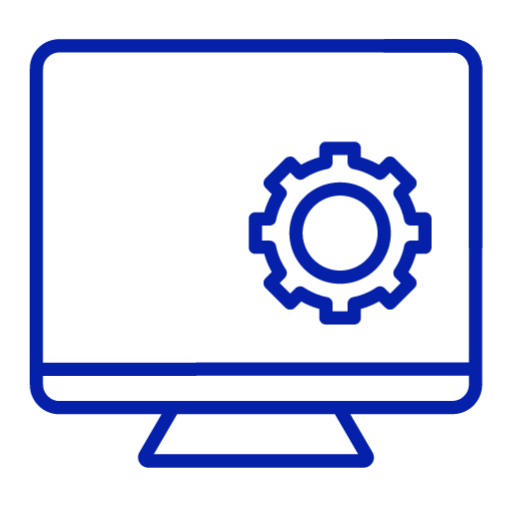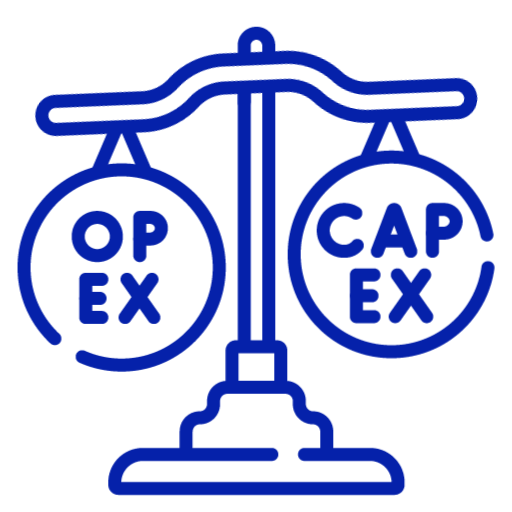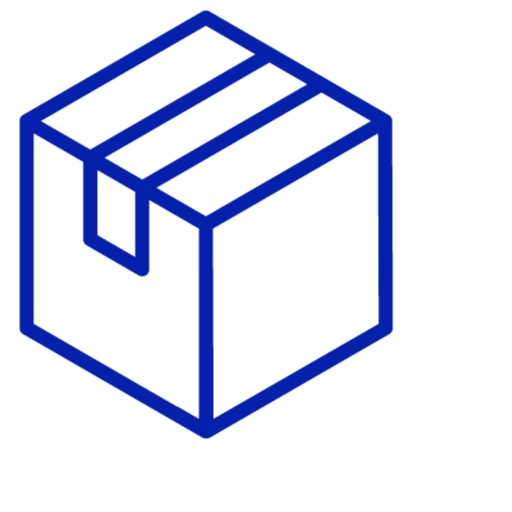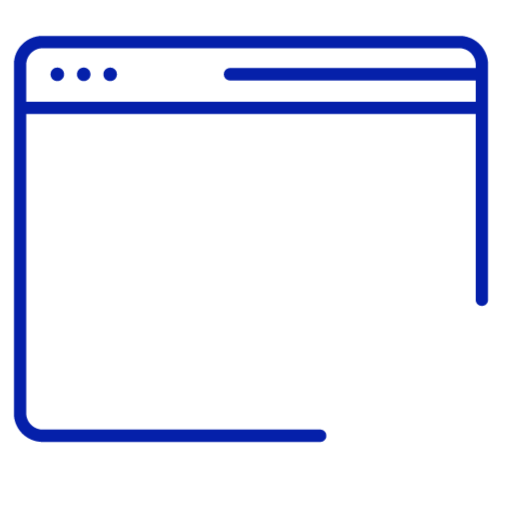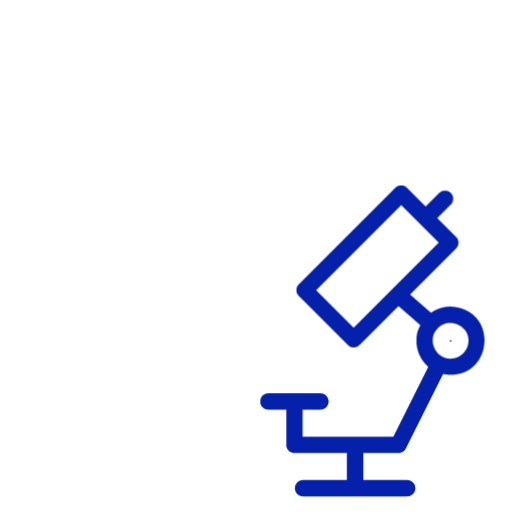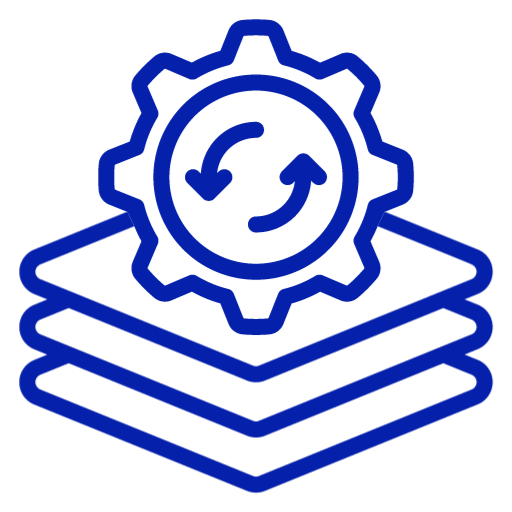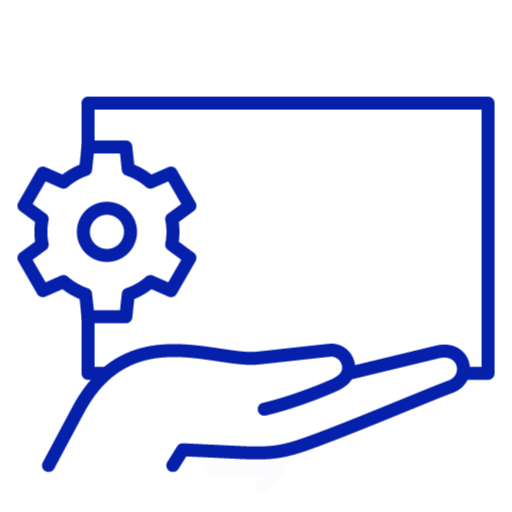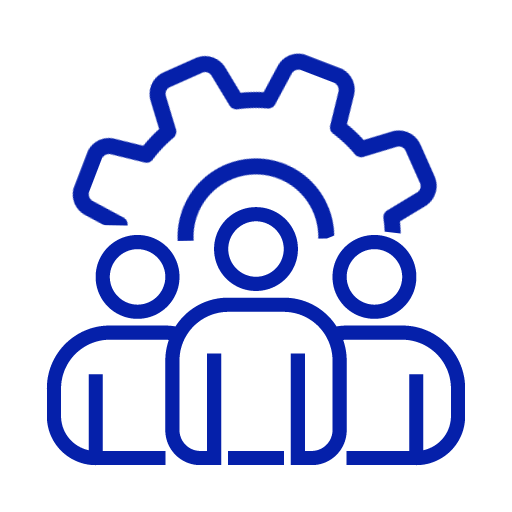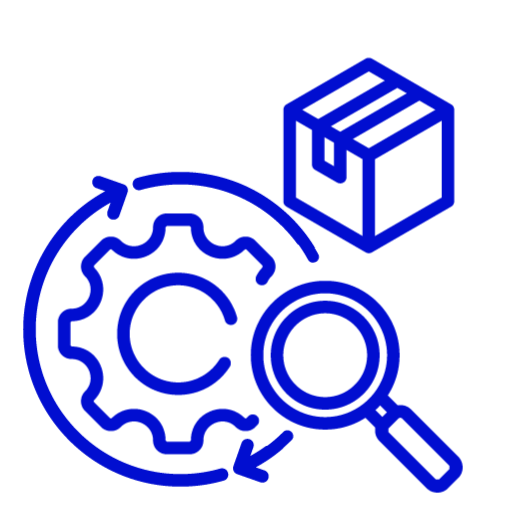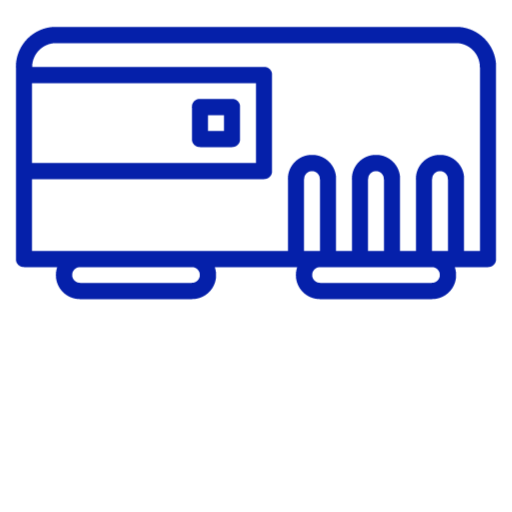
Are Your Logbooks in Place For The Upcoming Audit?
As a pharmaceutical manufacturer, you are likely familiar with the stringent regulatory requirements governing the industry. One critical aspect of compliance is o maintain accurate and up-to-date records and documentation. But have you considered the role of logbooks in your record-keeping system? If not, you may want to start. Manufacturing Logbooks are vital records that document critical information related to drug development, manufacturing, and distribution. They provide a written record of activities and events, serving as a valuable tool for compliance, quality control, and troubleshooting. The FDA requires that pharmaceutical manufacturers maintain detailed logs of various activities, including equipment maintenance, calibration, and cleaning, as well as environmental monitoring, product testing, and batch records. These logbooks are subject to inspection by FDA inspectors during routine inspections or in response to adverse events or quality issues. In addition to regulatory compliance, logbooks play a crucial role in ensuring product quality and safety. They provide a means of tracking trends and identifying potential issues before they become significant problems. For example, if a batch of product fails testing, a review of the relevant logbooks can help identify the cause of the issue, allowing for corrective action to be taken. What challenges are Pharma Companies facing with logbooks? Pharmaceutical manufacturing and processing operations often rely on paper-based logbooks to record critical information related to their activities. While paper logbooks have been a standard record-keeping practice for many years, they pose several challenges, including: 1. Inaccuracy: Paper-based logbooks are prone to errors and inaccuracies, such as incomplete entries, illegible handwriting, and incorrect information. These errors can compromise the integrity of the data and lead to regulatory non-compliance. 2. Time-consuming: Maintaining paper logbooks is a time-consuming process that requires significant effort and resources. Entries must be made manually, and multiple logbooks need to be cross-referenced to ensure accuracy. 3. Storage: Storing and archiving paper logbooks can be a significant challenge, especially in facilities where space is limited. Additionally, if logbooks are not properly stored or archived, the data may be lost, making it difficult to trace back activities and events. 4. Accessibility Retrieving data from paper logbooks can be a slow and tedious process, especially if the data is spread across multiple logbooks. This can make it difficult to identify trends, patterns, and potential issues, ultimately impacting decision-making processes. 5. Security Paper logbooks are susceptible to tampering, loss, or theft, compromising the confidentiality and integrity of the data. Without adequate security measures, unauthorized access to logbooks can put sensitive information at risk. Given these challenges, many pharmaceutical companies are transitioning to electronic logbook systems. Electronic logbooks offer several advantages, including improved accuracy, ease of use, accessibility, and security. They provide real-time data entry and retrieval capabilities, automated data validation, and analytics, streamlining the record-keeping process and improving overall data quality. How can Digital Logbook help Pharma Companies? One way that pharmaceutical companies can achieve this is by utilizing the Electronic Logbook Solution. Digital eLogs software is an electronic record-keeping system that can help pharma companies to manage their processes, track data, and maintain regulatory compliance. Here are some of the ways that eLogbook software can help pharmaceutical companies: 1. Data Management: One of the primary benefits of eLogbook software is that it helps pharmaceutical companies manage their data more efficiently. With the ability to track and record data electronically, companies can quickly and easily access the information they need, saving time and improving accuracy. The eLogs software also allows for easy data analysis and reporting, which can help companies make more informed decisions. 2. Regulatory Compliance: Pharmaceutical companies are subject to strict regulations, and eLogbook software can help them maintain compliance. The software allows companies to track and document all activities and transactions, ensuring that they meet regulatory requirements. E-Log Management Solution can also help companies prepare for audits and inspections by providing a complete audit trail of all activities. 3. Improved Efficiency: Digital Logbook Software can help pharmaceutical companies to improve their efficiency by automating many tasks. For example, the software can automatically generate reports, track inventory, and monitor equipment maintenance. This can help companies to save time and reduce errors, allowing them to focus on more critical tasks. 4. Increased Collaboration: Paperless Logbook software allows for real-time collaboration between team members, regardless of location. This can help companies to work more efficiently and effectively, enabling them to respond to challenges more quickly. The software also allows for easy communication between departments, improving communication and teamwork. 5. Cost Savings: By streamlining processes and improving efficiency, Electronic Equipment Logbook software can help pharmaceutical companies to save money. The software can help companies to reduce errors, minimize downtime, and improve productivity, all of which can result in significant cost savings. In conclusion, while paper-based logbooks have been a traditional record-keeping practice in the pharmaceutical industry, they pose several challenges that can impact data accuracy, accessibility, and security. By transitioning to electronic logbook systems, pharmaceutical companies can overcome these challenges and achieve greater efficiency, compliance, and data integrity. So, logbooks are an essential component of any pharmaceutical manufacturing or processing operation. They provide a written record of critical activities and events, ensuring compliance with regulatory requirements and facilitating quality control and troubleshooting. So, the next time the FDA calls, you can rest assured that your logbooks are in place and up to date. Schedule a Free Consultation Request a Demo First NameLast NameCompany NameEmailPhone NumberDesignationCountrySelect CountryAfghanistanAland IslandsAlbaniaAlgeriaAmerican SamoaAndorraAngolaAnguillaAntarcticaAntigua and BarbudaArgentinaArmeniaArubaAustraliaAustriaAzerbaijanBahamasBahrainBangladeshBarbadosBelarusBelauBelgiumBelizeBeninBermudaBhutanBoliviaBonaire, Saint Eustatius and SabaBosnia and HerzegovinaBotswanaBouvet IslandBrazilBritish Indian Ocean TerritoryBritish Virgin IslandsBruneiBulgariaBurkina FasoBurundiCambodiaCameroonCanadaCape VerdeCayman IslandsCentral African RepublicChadChileChinaChristmas IslandCocos (Keeling) IslandsColombiaComorosCook IslandsCosta RicaCroatiaCubaCuraçaoCyprusCzech RepublicDemocratic Republic of the Congo (Kinshasa)DenmarkDjiboutiDominicaDominican RepublicEcuadorEgyptEl SalvadorEquatorial GuineaEritreaEstoniaEthiopiaFalkland IslandsFaroe IslandsFijiFinlandFranceFrench GuianaFrench PolynesiaFrench Southern TerritoriesGabonGambiaGeorgiaGermanyGhanaGibraltarGreeceGreenlandGrenadaGuadeloupeGuamGuatemalaGuernseyGuineaGuinea-BissauGuyanaHaitiHeard Island and McDonald IslandsHondurasHong KongHungaryIcelandIndiaIndonesiaIranIraqIrelandIsle of ManIsraelItalyIvory CoastJamaicaJapanJerseyJordanKazakhstanKenyaKiribatiKosovoKuwaitKyrgyzstanLaosLatviaLebanonLesothoLiberiaLibyaLiechtensteinLithuaniaLuxembourgMacao S.A.R., ChinaMacedoniaMadagascarMalawiMalaysiaMaldivesMaliMaltaMarshall IslandsMartiniqueMauritaniaMauritiusMayotteMexicoMicronesiaMoldovaMonacoMongoliaMontenegroMontserratMoroccoMozambiqueMyanmarNamibiaNauruNepalNetherlandsNew CaledoniaNew ZealandNicaraguaNigerNigeriaNiueNorfolk IslandNorth KoreaNorthern Mariana IslandsNorwayOmanPakistanPalestinian TerritoryPanamaPapua New GuineaParaguayPeruPhilippinesPitcairnPolandPortugalPuerto RicoQatarRepublic of the Congo (Brazzaville)ReunionRomaniaRussiaRwandaSaint BarthélemySaint HelenaSaint Kitts and NevisSaint LuciaSaint Martin (Dutch part)Saint Martin (French part)Saint Pierre and MiquelonSaint Vincent and the GrenadinesSamoaSan MarinoSao Tome and PrincipeSaudi ArabiaSenegalSerbiaSeychellesSierra LeoneSingaporeSlovakiaSloveniaSolomon IslandsSomaliaSouth AfricaSouth Georgia/Sandwich IslandsSouth KoreaSouth SudanSpainSri LankaSudanSurinameSvalbard and Jan MayenSwazilandSwedenSwitzerlandSyriaTaiwanTajikistanTanzaniaThailandTimor-LesteTogoTokelauTongaTrinidad and TobagoTunisiaTurkeyTurkmenistanTurks and






